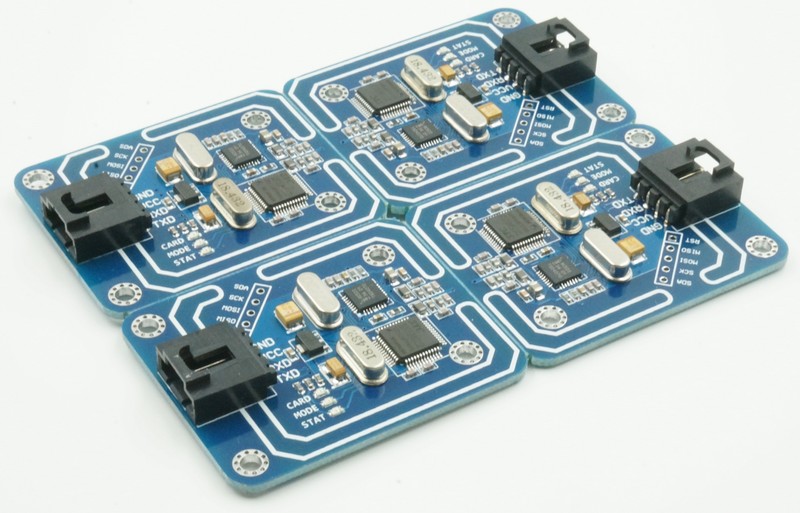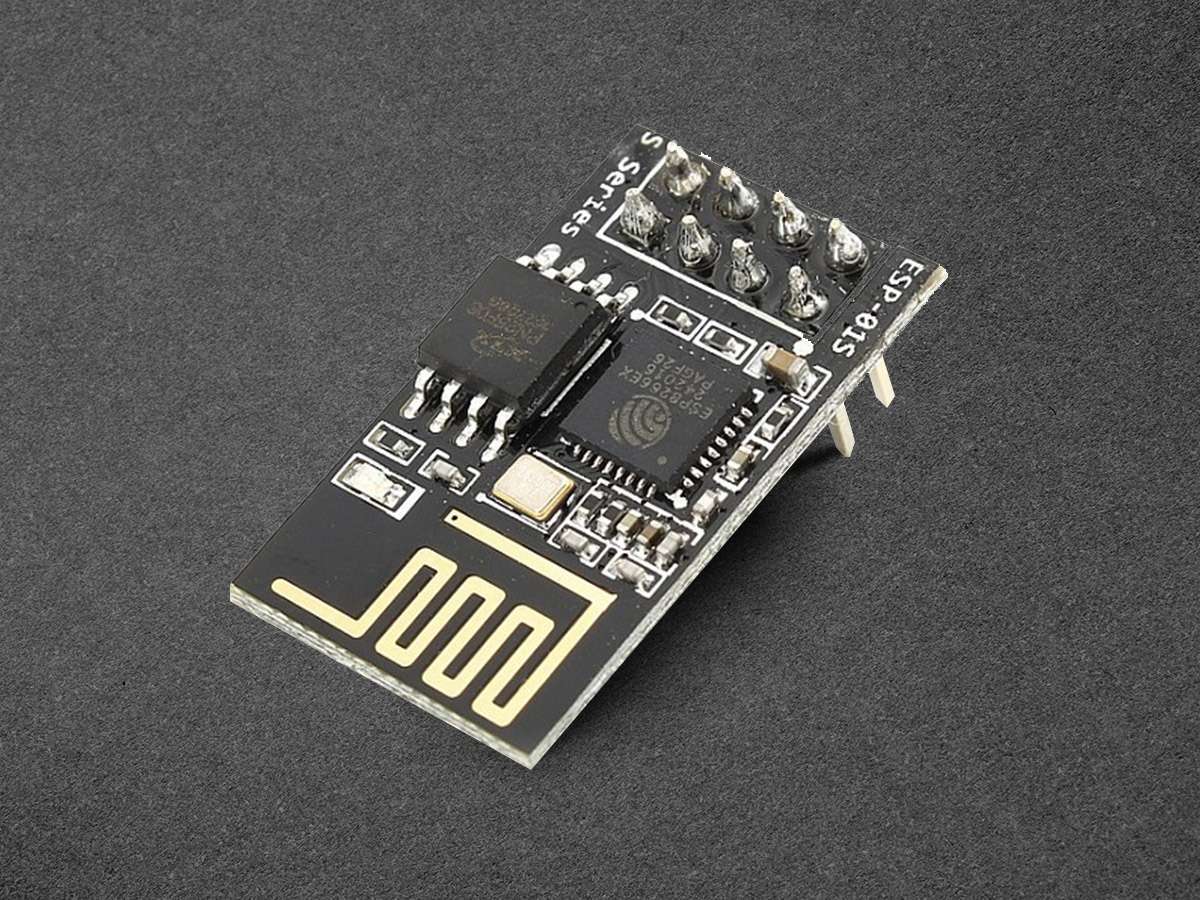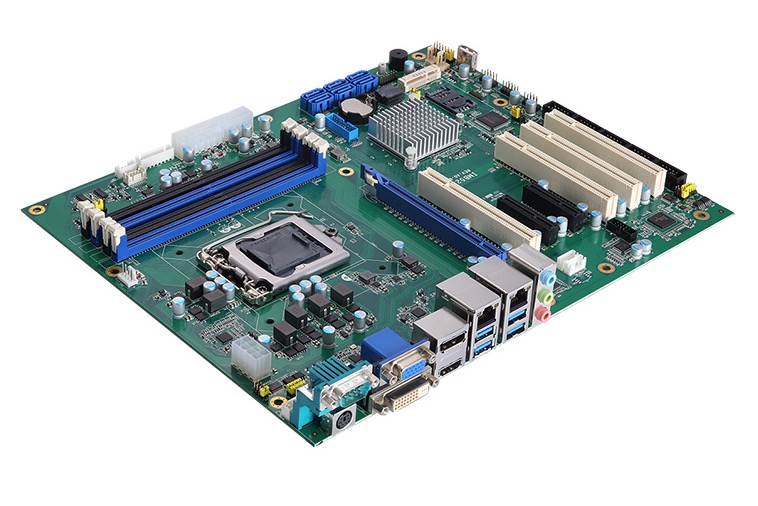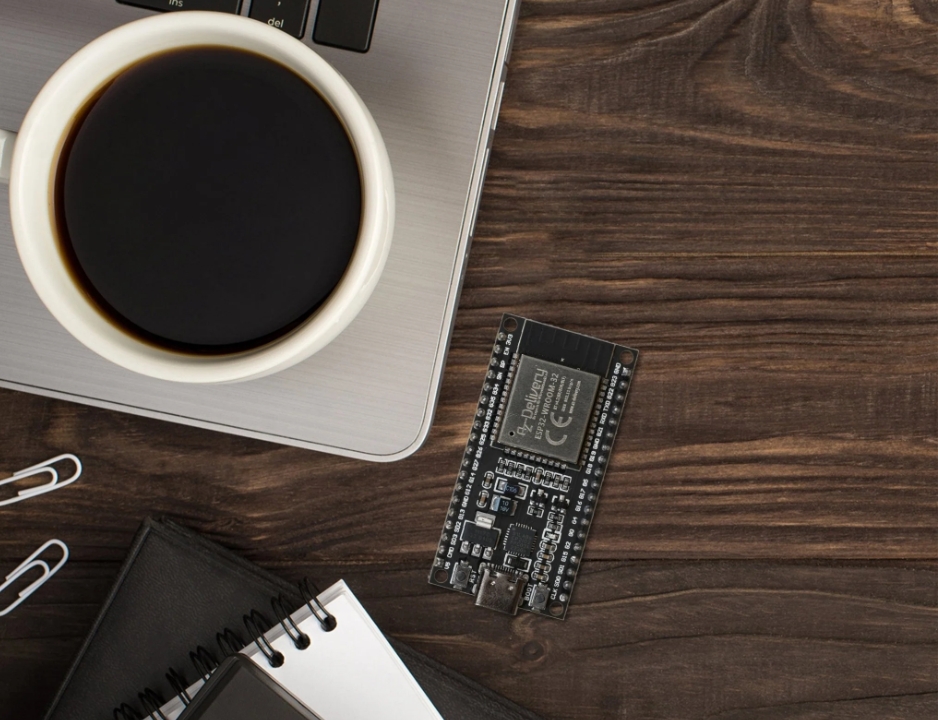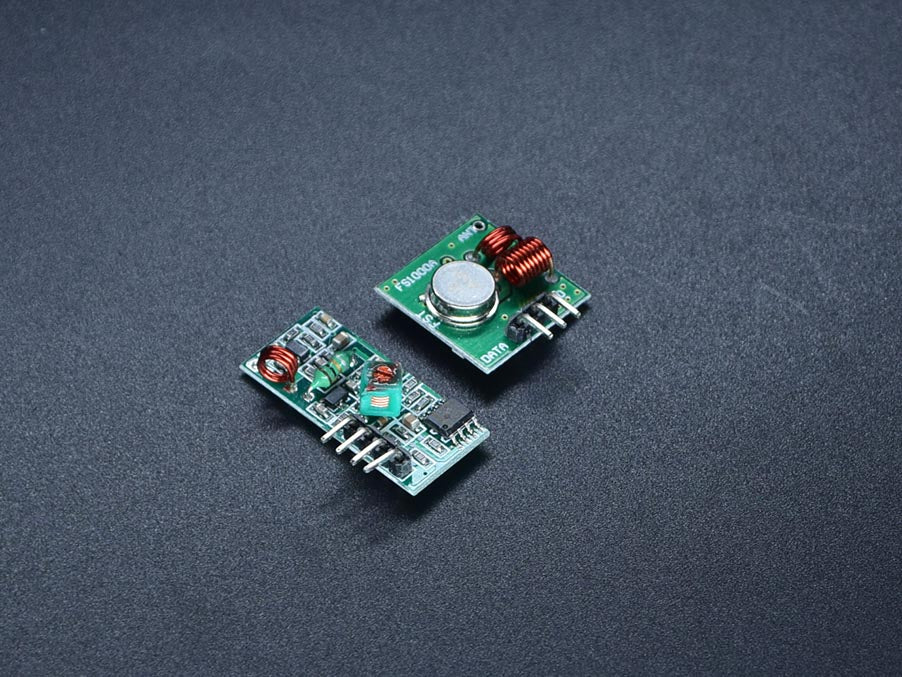Contactless payments have become part of daily life. Shoppers, commuters, and service users now expect faster and safer transactions. At the core of this shift is the RFID Module, a compact but powerful technology that enables instant data transfer. By embedding RFID into cards, phones, and wearable devices, businesses can deliver smoother, more secure payment experiences. This article explores the many ways RFID modules shape contactless payment systems and why they matter for both consumers and companies.
How RFID Modules Enable Contactless Transactions
An RFID module works by transmitting data through radio frequency waves. When a card or device is held near a reader, the module activates and communicates payment information. This process takes only a fraction of a second. Unlike magnetic stripe or chip cards, no physical contact is needed. This means fewer hardware issues at terminals and faster customer service. Every well-designed RFID Module supports consistent communication between the consumer’s device and the payment network.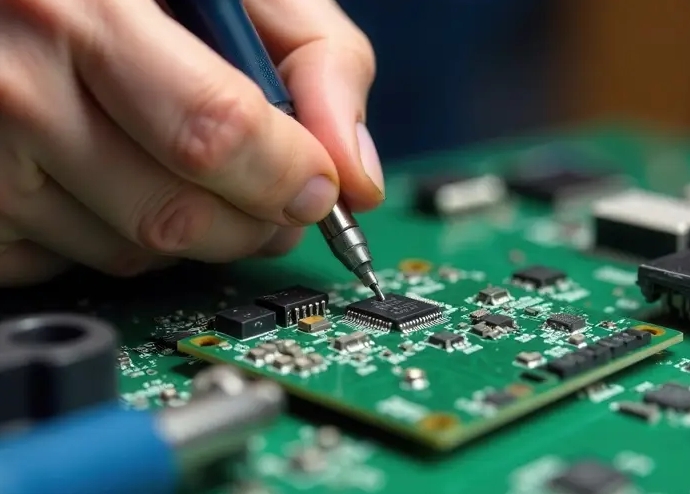
Faster Checkout for Retail Environments
Speed is one of the strongest advantages of contactless payments. In a busy supermarket or coffee shop, even a few seconds per customer makes a difference. RFID-enabled transactions allow shoppers to tap and go without fumbling for cash or inserting cards. Retailers benefit from shorter queues, higher customer satisfaction, and more sales during peak hours. A reliable RFID Module ensures that this speed advantage is delivered consistently across all points of sale.
Security Through Encryption and Tokenization
Consumers often worry about digital payment safety. RFID modules address these concerns by embedding advanced security protocols. Encryption ensures that sensitive payment details cannot be intercepted during transmission. Tokenization replaces card numbers with temporary codes, which prevents fraud even if data is stolen. Furthermore, most banks require two-factor authentication for high-value purchases. With these measures, a secure RFID Module safeguards both consumers and merchants.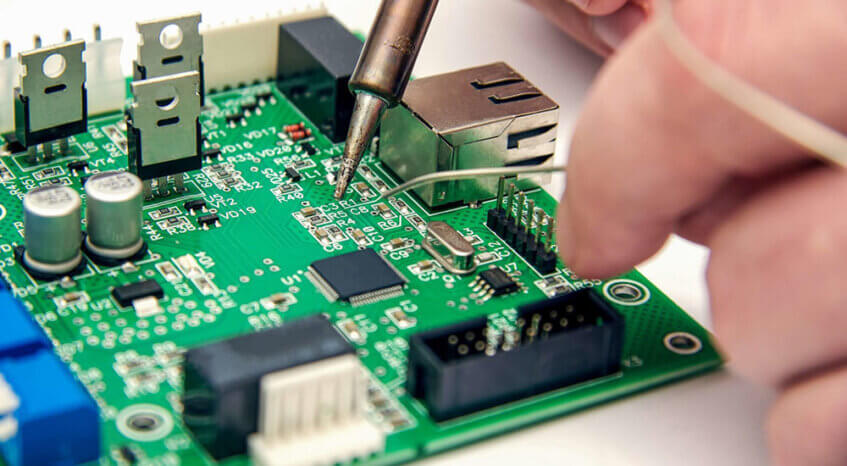
Integration with Mobile and Wearable Devices
Contactless payment is no longer limited to plastic cards. Today, smartphones, smartwatches, and fitness bands carry built-in RFID modules. This makes payment more convenient and aligns with consumer demand for flexibility. A commuter can pay for a bus ride with a wristband, while a shopper can use a mobile wallet. Integration also allows instant balance checks and notifications. By adopting multi-platform solutions, businesses ensure their RFID Module meets the lifestyle needs of modern consumers.
Enhancing Loyalty and Rewards Programs
Payments powered by RFID modules can be linked directly to loyalty systems. Every transaction automatically records reward points, discounts, or cashback offers. For example, a café can reward repeat customers without requiring separate loyalty cards. This creates a frictionless process that encourages brand loyalty. With a well-programmed RFID Module, companies can personalize promotions, improve customer engagement, and streamline checkout.
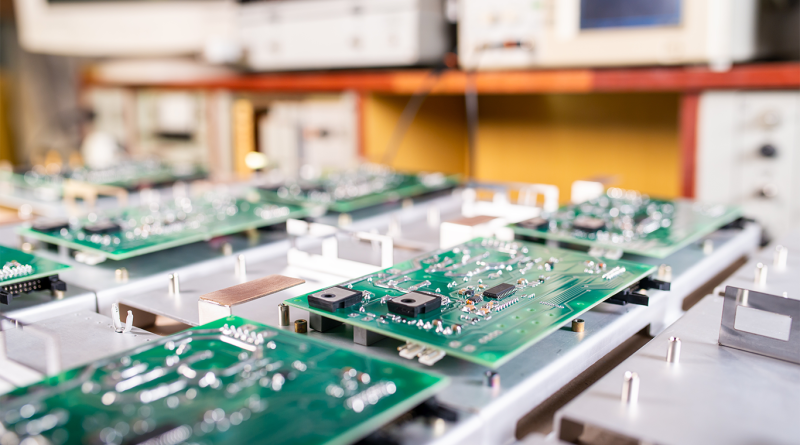
Public Transport and Urban Infrastructure
Cities worldwide rely on RFID-based systems to manage transit networks. Buses, trains, and metro systems use RFID cards or devices to allow passengers to tap quickly at entry gates. This reduces congestion during rush hours and improves service efficiency. Transit operators gain accurate data on passenger flow, which helps with planning and cost optimization. A dependable RFID Module in these systems ensures reliable access for millions of daily commuters.
Future Developments in RFID Payment Technology
The next wave of RFID innovation focuses on higher processing power and energy efficiency. Smaller modules can be embedded into more types of devices, including Internet of Things (IoT) applications. Integration with artificial intelligence enables fraud detection in real time. Meanwhile, cloud-connected RFID solutions support instant transaction analysis for businesses. As demand grows, advanced RFID Module designs will redefine convenience and trust in global payment systems.
Why Businesses Should Embrace the RFID Module
Companies that integrate RFID modules into their payment systems stay ahead of competitors. They gain faster checkout processes, stronger security, and more flexibility in customer interaction. They also improve data collection, enabling smarter marketing strategies. For consumers, the result is simple: safe, quick, and hassle-free payments. A forward-looking business strategy should always include adopting the right RFID Module for maximum impact.

